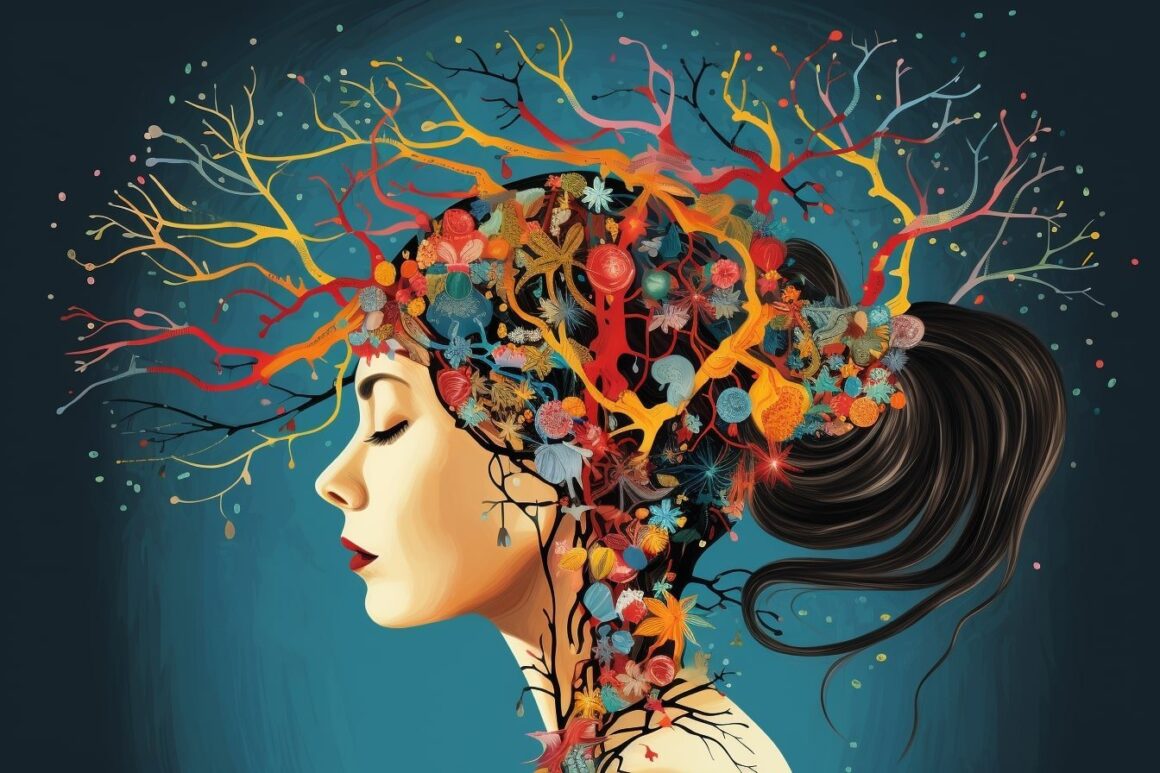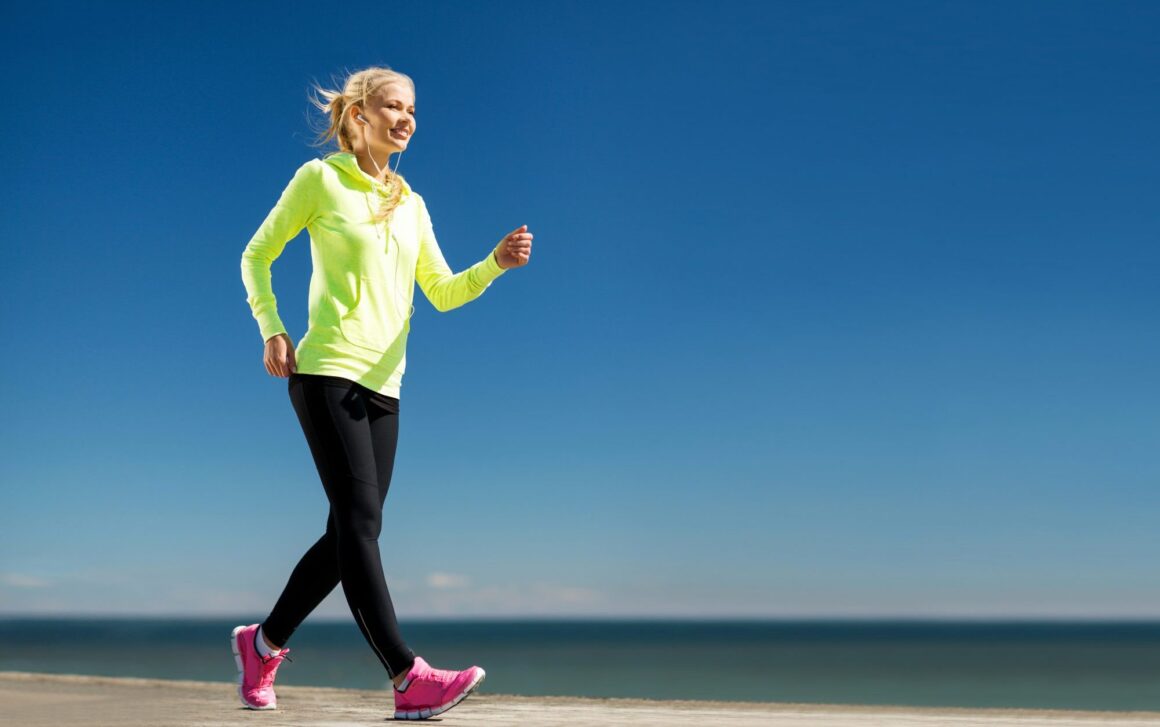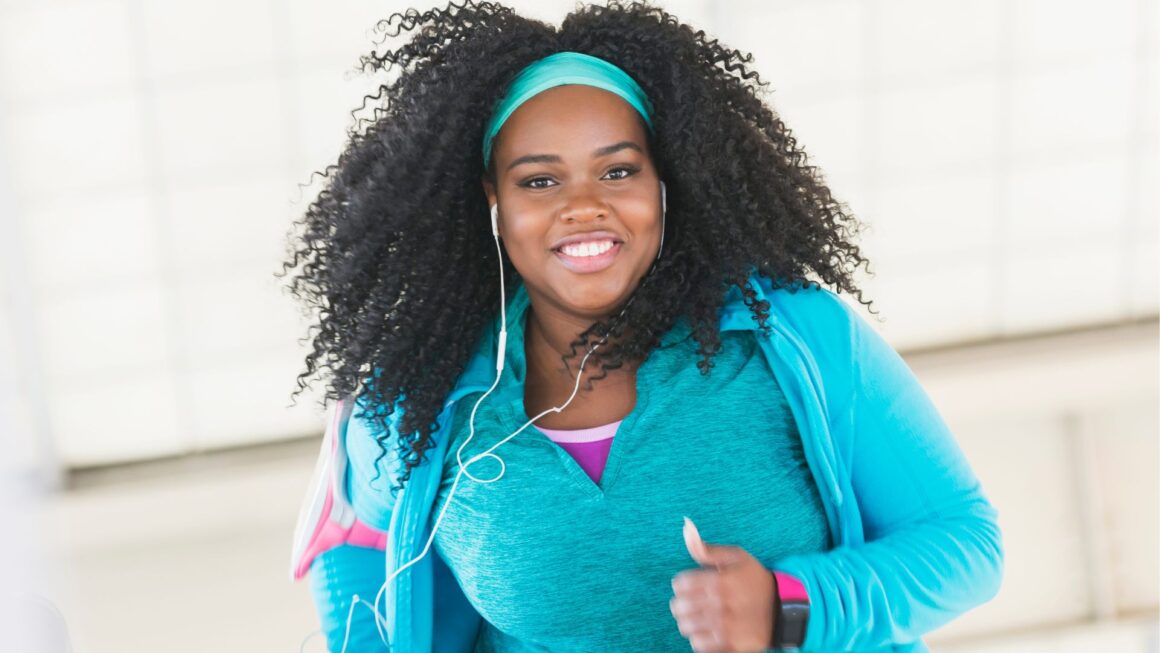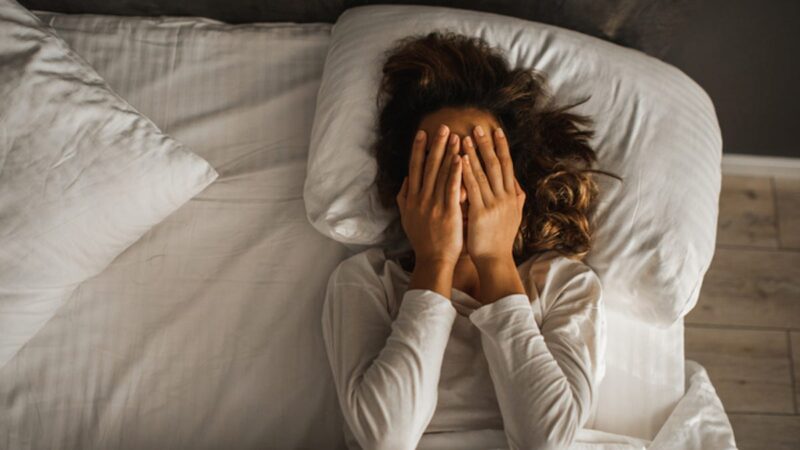The number of people taking sleep pills has doubled since 2010. Stress at work and family life is cited as the leading reason. In the current financial climate, the cost of living is also weighing heavily on people’s shoulders.
Insomnia often coexists with mental health conditions. However, sleeping pills and anti-depressants are not a long-term solution. All pharmaceutical interventions have side effects and can even lead to proto diseases.
A healthier option for fighting insomnia is to exercise. Brisk walking represents a low-entry barrier but still requires a sufficient amount of physical exertion to help tire you out.
Scientific evidence also backs up the case for exercise routines like brisk walking being a better aid to sleep than medication.
Better Mental Health

Brisk walking can have positive effects on mental health, including reduced symptoms of depression and anxiety. Regular brisk walking has been shown to improve mood and reduce symptoms of depression and anxiety.
It also increases the production of neurotransmitters like serotonin and dopamine, which play key roles in regulating mood and emotions. By improving overall mood and emotional well-being, brisk walking may indirectly contribute to better sleep quality.
Brisk walking boosts blood flow to the brain, delivering oxygen and nutrients that support cognitive function and improve your immune system. It can enhance focus, concentration, and memory, leading to better overall cognitive performance.
Stress Reduction

Brisk walking is a form of aerobic exercise that helps reduce stress and anxiety levels by releasing endorphins, which are natural mood lifters. Lower stress levels naturally contribute to better sleep quality.
Stress activates the body’s “fight or flight” response, triggering the release of stress hormones such as cortisol and adrenaline. These hormones increase alertness, heart rate, and blood pressure, putting the body in a state of heightened arousal that is incompatible with relaxation and sleep.
Moreover, the mind tends to be more preoccupied with worries, concerns, or intrusive thoughts when you’re stressed. This mental hyperactivity can make it difficult to quiet the mind and fall asleep, leading to prolonged periods of wakefulness.
Regulation of Circadian Rhythm

Brisk walking helps to expend energy during the day, making it easier to fall asleep and stay asleep at night. Regular physical activity can help reduce restlessness and promote deeper, more restorative sleep.
The best time to engage in physical activities like brisk walking is in the morning or during the day. Sunlight helps to regulate your circadian rhythm which promotes more consistent sleep patterns and improves the quality of your sleep.
A stable circadian rhythm helps establish consistent sleep patterns, making it easier to fall asleep and stay asleep. This promotes efficient and restorative sleep, allowing individuals to achieve the optimal balance of sleep stages throughout the night. These sleep stages play essential roles in memory consolidation, cognitive function, and overall sleep quality.
Conclusion
Engaging in brisk walking provides a healthy outlet for managing stress and pent-up emotions. It allows individuals to clear their minds, process thoughts, and gain perspective on challenging situations, leading to improved stress management and resilience.


